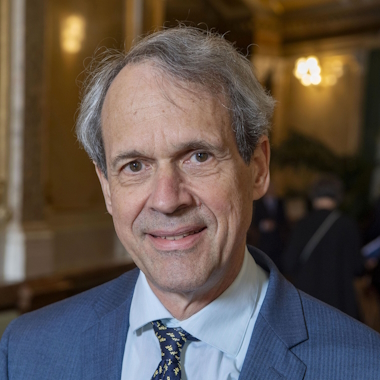There are two sides to the field of literary ecology: we can study novels, poems, or films that treat climate change or other ecological issues, but we can also consider language and literature themselves as ecosystems. I will talk here about this broader ecosystem. Indeed, the field of literary ecology in this sense has itself evolved over the past two centuries, and the connection with ecology, and with evolutionary theory, goes back to the very origins of the intertwined disciplines of comparative philology and comparative literature. I will turn at the end of my discussion to a notable Italian example of a literary work dealing with ecological crisis.
The sole diagram that Charles Darwin included in On the Origin of Species (1859) portrayed species evolution as branching out from a common root or trunk. The linguists of his day, in fact, were already developing the tree metaphor for linguistic evolution. In a note on Die ersten Spaltungen des indogermanischen Urvolkes (1853), the prominent German linguist August Schleicher had sketched a family tree of the Germanic peoples, and when Darwin’s book came out in German in 1860 he read it with great excitement as a confirmation of his insight.
